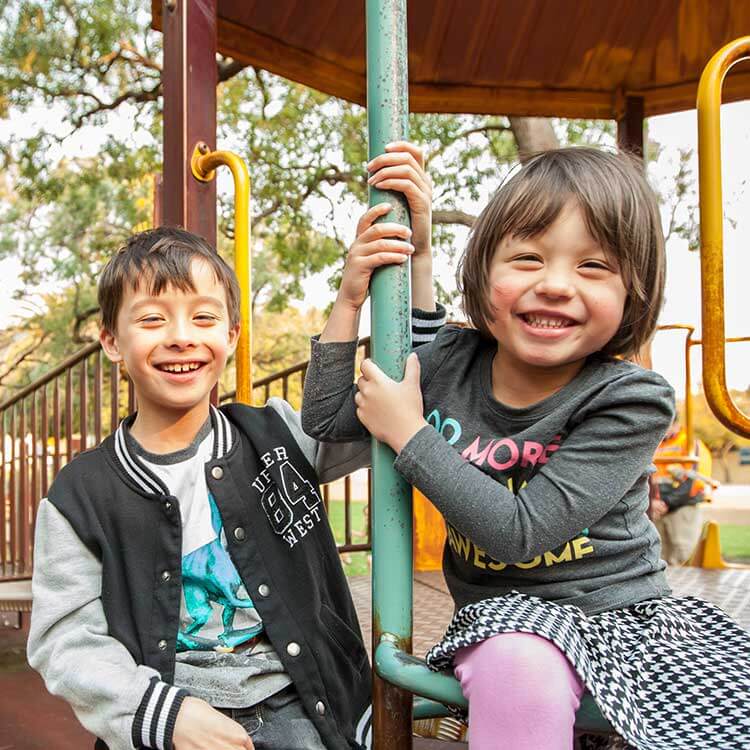Search
Research
Linkage of the Australian Childhood Immunisation Register (ACIR) and state-based registers to evaluate and inform Australia’s immunisation programChristopher Hannah Tom Blyth Moore Snelling MBBS (Hons) DCH FRACP FRCPA PhD OAM BSc (Hons) GradDipClinEpi PhD BMBS DTMH GDipClinEpid PhD FRACP Centre
Research
Moort Vax Waangkiny: Understanding reasons for routine vaccine uptake among Aboriginal children aged <5 years in Perth (Boorloo) metroAboriginal children aged younger than 5 years in Perth (Boorloo) have lower vaccine uptake compared to non-Aboriginal children.

Research
Paediatric Active Enhanced Diseases Surveillance (PAEDS)PAEDS monitors for key vaccine preventable conditions and severe side effects from vaccine in 5 paediatric hospitals in Australia.
Research
Post tuberculosis disabilityKefyalew Alene BSc, MPH, PhD Head, Geospatial and Tuberculosis 0404705064 Kefyalew.alene@thekids.org.au Honorary Research Fellow Dr Kefyalew Alene
Research
Spatiotemporal patterns of drug susceptible and drug resistant tuberculosis in Hunan Province, ChinaInvestigators: Kefyalew Alene, Archie Clements External collaborators: Kerri Viney, Dr Darren J Gray (Australian National University) Zuhui Xu (
This tool is designed to help current and future parents and caregivers as well as health care providers. It is currently based on the 2025 Western Australian RSV immunisation program.
Research
Australian Group on Antimicrobial Research surveillance outcome programs - bloodstream infections and antimicrobial resistance patterns from patients less than 18 years of ageFrom 1 January 2020 to 31 December 2021, thirty-eight institutions across Australia submitted data to the Australian Group on Antimicrobial Resistance (AGAR) from patients aged < 18 years (AGAR-Kids). Over the two years, 1,679 isolates were reported from 1,611 patients. This AGAR-Kids report aims to describe the population of children and adolescents with bacteraemia reported to AGAR and the proportion of resistant isolates.
Research
Bacillus Calmette-Guérin vaccination for protection against recurrent herpes labialis: a nested randomised controlled trialRecurrences of herpes simplex virus (HSV) in the orofacial region (herpes labialis or cold sores) impact quality-of-life. We aimed to study whether the bacille Calmette-Guérin (BCG) vaccine can attenuate cold sore recurrences through off-target immunomodulatory effects.
Research
The Impact of a Multifaceted Tertiary Pediatric Hospital's Antimicrobial Stewardship ServiceAntimicrobials are the most commonly prescribed drug class in children. Overuse through inappropriate prescribing is a key driver of antimicrobial resistance and is recognized as one of the top 10 threats to global health by the World Health Organization.
Research
Reopening to the world: how safety, normality and trust in government shape young adults’ COVID-19 vaccine intentionsDuring the COVID-19 pandemic, and particularly 2020-2021, young adults were often significant transmitters of the virus. Prior to the availability of vaccines for young adults, we sought to understand what would contribute to their uptake of a COVID-19 vaccine and how government policy might intervene. We undertook qualitative interviews between February and April 2021 with 19 participants (aged 18-29) in Perth, Western Australia.
